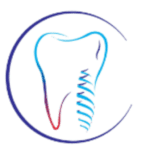TOOTH EXTRACTION
Tooth-Extraction is a dental procedure in which a tooth is removed from its socket in the jawbone. Tooth-Extraction is typically recommended in the following situations
Severe Tooth Decay
When a tooth is severely decayed and the damage is beyond repair through other dental treatments such as fillings, crowns, or root canal therapy, extraction may be necessary to prevent the spread of infection to surrounding tissues.
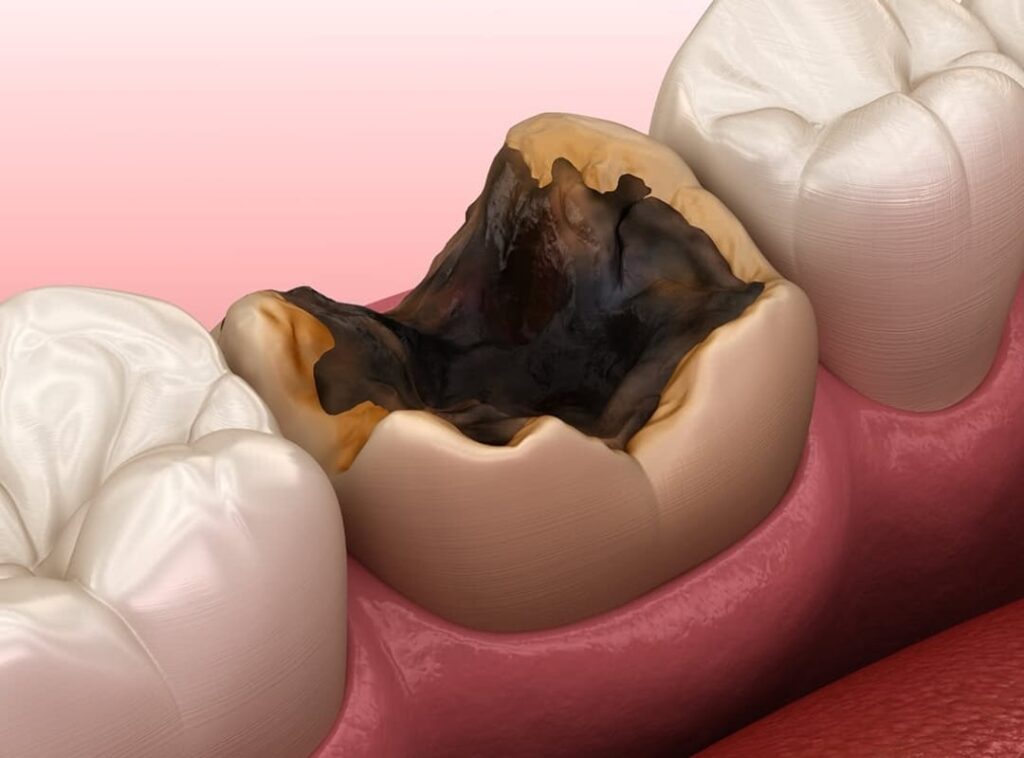
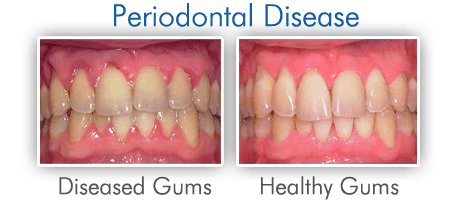
Advanced Gum Disease (Periodontal Disease)
In cases of advanced gum disease, the supporting structures around a tooth, including the bone, can become compromised. If the tooth becomes loose and is at risk of falling out on its own, extraction may be needed to prevent further damage.
Impacted Wisdom Teeth
Wisdom teeth, also known as third molars, often don’t have enough space to properly emerge. This can lead to impaction, where the teeth become trapped within the jawbone or against other teeth. Impacted wisdom teeth can cause pain, swelling, infection, and damage to neighboring teeth. In such cases, extraction may be recommended.
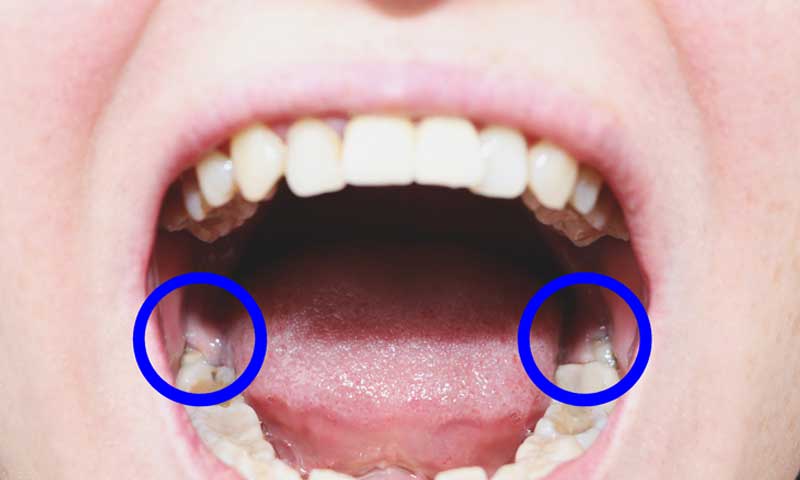
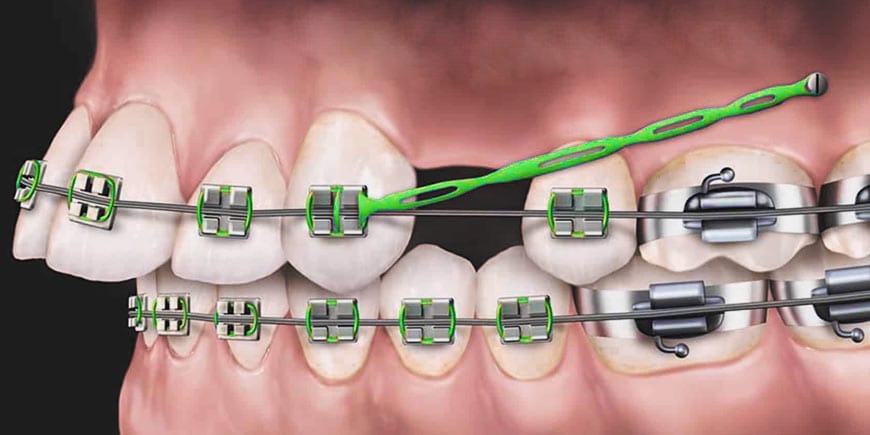
Orthodontic Treatment
Sometimes, orthodontic treatment requires the removal of one or more teeth to create space in the mouth for proper tooth alignment.
Preparation for Dentures or Dental Implants
Tooth-Extraction may be necessary to create room for dentures or dental implants, especially if there are damaged or compromised teeth that need to be replaced.
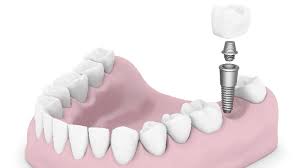
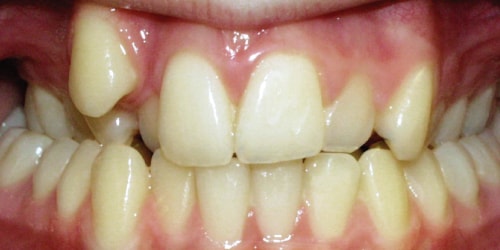
Crowded or Extra Teeth
In cases of overcrowding, where there is not enough space for all the teeth to fit properly, extraction of one or more teeth may be necessary to achieve proper alignment and bite.
Fractured or Broken Teeth
If a tooth is severely fractured or broken and cannot be repaired, extraction may be the only option to prevent infection and further complications.
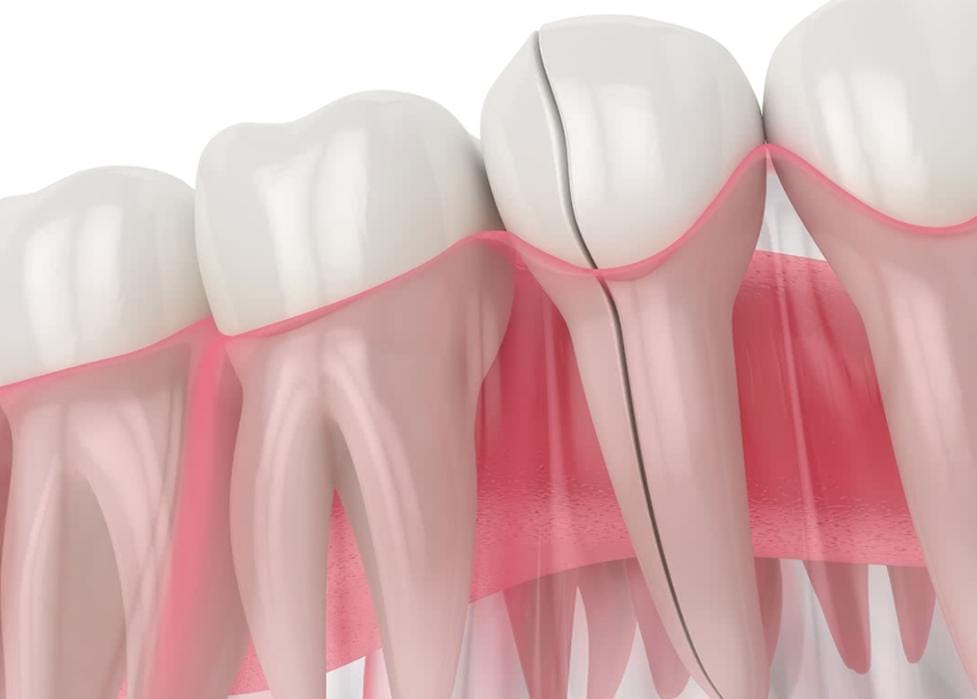
Infection or Abscess
If a tooth has a severe infection or abscess that cannot be effectively treated with antibiotics or a root canal, extraction may be necessary to prevent the infection from spreading.
Radiation Therapy
Patients undergoing radiation therapy to the head and neck area may need to have teeth extracted if they are at risk of infection due to reduced blood flow and compromised healing abilities.
Medical Conditions
Some medical conditions, such as organ transplantation or certain types of cancer treatment, may require the removal of teeth to reduce the risk of infection.
It’s important to note that tooth extraction is usually considered a last resort, and dentists will always explore other options to preserve the natural tooth whenever possible. If you’re experiencing dental pain, discomfort, or other oral health issues. Contact us for the best consultation with a dentist to determine the most appropriate treatment for your specific situation.

